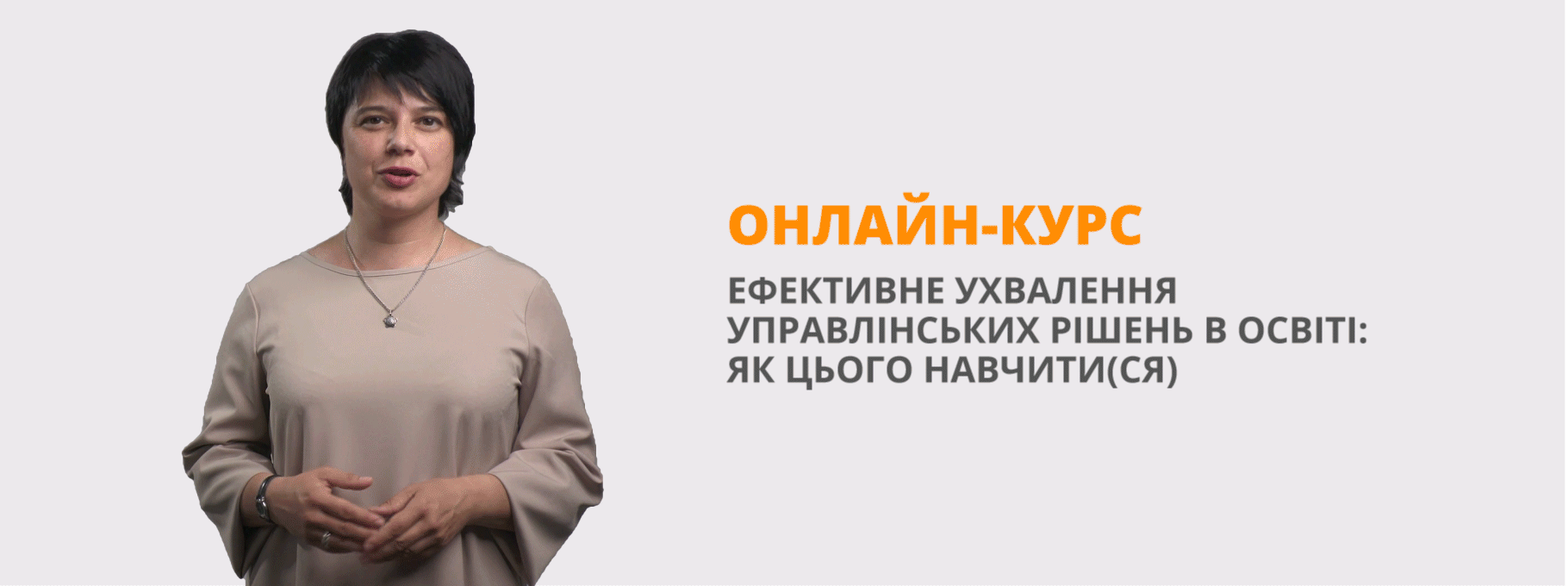"Keep our city clean!" ( Відкритий Урок)
План-конспект відкритого уроку з англійської мови у 7-Б класі
(17.01.2020 р.)
за темою: « Природа. Об ‘єкти»
( “ Keep our city clean! Make a gift to Mother Nature”)
Мета :
- активізувати лексику за темою шляхом виконання мовленнєвих та тренувальних вправ;
- розвивати навички усного мовлення на основі виконання лексичних вправ;
- практикувати навички знаходження важливої інформації у тексті за темою;
- ввести та первинно опрацювати порівнянні ступені прикметників шляхом виконання тренувальних вправ;
- розвивати творчий потенціал учнів ;
- сприяти розвитку комунікативної компетенції;
- виховувати бережливе ставлення до навколишньої середи,більш глибоке почуття відповідальності за збереження природи;
- формувати екологічні орієнтири на основі та соціокультурні компетенції на основі іншомовного матеріалу.
Очікування: на кінець уроку учні вміють вживати порівнянні ступені прикметників, розповідати про еко-проблеми , створювати «зелені правила» під час дизайну футболок з еко- посиланням.
Обладнання: картки,підручник,CD player.
Plan
- Organising spell:
Teacher: Good morning, boys and girls! I’m glad to see you all! Hope you are well. So let’s start the lesson!
- Presentation:
Teacher: 1) Look at the board and read the words!
Air pollution area celebrate cut down litter nature
earth collect energy protect environment recycle
rubbish take place take part in throw traffic jam
2) Teacher: What topic do you think the words refer to? ( Ss’ answers : Nature, Environment, etc.)
Yes, you are close. The topic is –‘ Keep our city cleaner!’ So, my dear, are people and nature friends or enemies? (Ss’ answers: yes/no)
Let’s do the task and figure it out!
3) (Ss work in pairs. Teacher gives out cards with word combinations. Students have to divide them into two categories: Nature friends/ Nature Enemies)
Well, let’s check the task! When we say we are nature friends it means…. ( Students read the WCs which refer to this category)
Nature friends: we clean rivers, forests, plant trees, protect animals, recycle rubbish, cans, plastic bottle; use public transport.
Great . Now let’s read what it means when we are nature enemies.
Ss’ answers: cut down trees, pollute water, air, forests, kill fish, animals, throw /drop litter in the streets.
Now you see we can be both friends and enemies of the nature. And we still have so many problems. So , what to do?
- Practising:
1)Let’s listen and read the text ‘Earth Day’ and learn how to solve the problem of pollution. While listening to the text, find and circle the answers to the questions:
- What is Earth day?
- How long do people celebrate Earth Day?
- How many Canadians take part in Earth day?
- What can people do to make their city cleaner and greener?
2) So, it’s time to answer the questions. (Ss answer).
3) Well, what about you? Are you friends of nature? I am sure you are! And to prove that you’ve got one more task! You are to think of a stylish T-shirt with a print telling people some green rules or eco problems. Let’s sum up all the problems again and make a print on your T-shirts!
(Students get blanks and design their eco-T-shirts working in pairs )
Now show me your T-shirts. Wow! They are great! I like them all!
(Students show the eco T-shirts and explain what the print means
Examples: Don’t drop litter in the streets! Don’t cut trees! Protect animals! , etc.).
4) Well, now look at the board again. Read the sentences:
- Our city is bigger than Paris.
- Odessa is greener than Kharkiv.
- This task is easier than that one.
Look at the words bigger, greener, easier. So when we compare two things or two people we use comparative adjectives.
- For short adjectives we need –ER:
Big-bigger
Small -smaller
Nice –nicer
Easy-easier
2) For long adjectives we need – MORE
Interesting -more interesting
Beautiful - more beautiful
Comfortable -more comfortable
3)There are also irregular adjectives which you should remember!
Good -better
Bad -worse
Little –less
5)Now let’s practise! Make comparative degrees of the adjectives (work in pairs):
tall, beautiful, pretty, large, bad, good, popular, green. (Ss ‘ answers)
- Production: And now let’s complete the sentence with comparative adjectives:
I want to make my city …… ( more beautiful ,cleaner, greener, better, more popular…etc.)
(Students give their own ideas).
- Summing up:
You worked really hard today. So what have we learnt?
-Words and phrases of the topic;
-Comparative degrees;
- Green rules for people.
What can you do ?
-Tell about eco problems;
-Design eco T-shirts;
-Use comparative degrees in sentences.
Thank you all for the lesson. The time is up. Have a good day!
- Home task: Your home task is to make a list of green rules in your exercise books and design an eco bag.


про публікацію авторської розробки
Додати розробку
